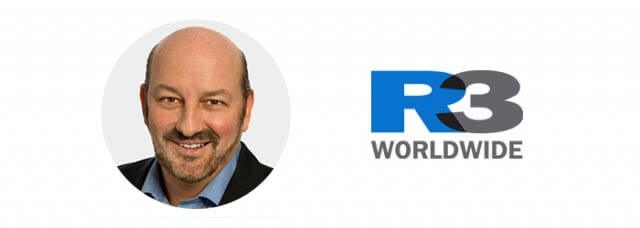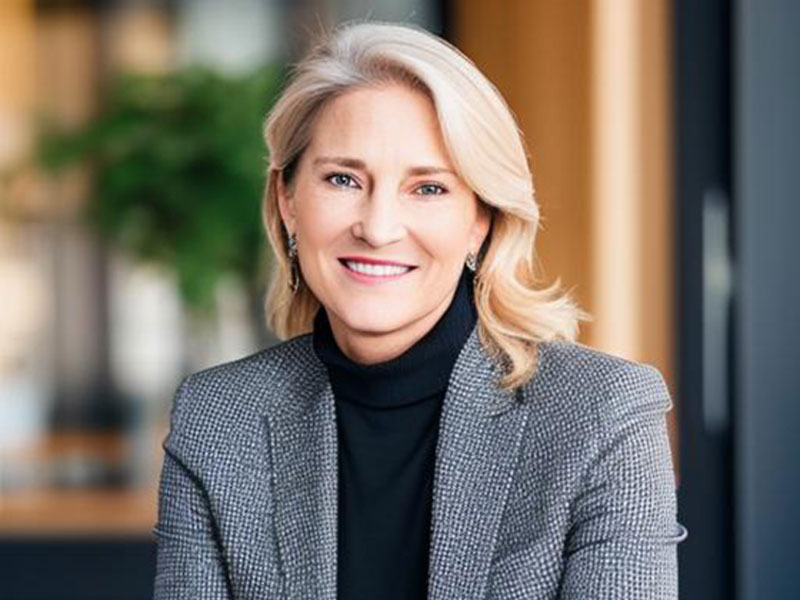
For the first time in its 129-year history, the Financial Times said digital advertising revenue has surpassed print. The company credits a chunk of its success to content marketing studio Alpha Grid, which it acquired a controlling stake in last June.
The Alpha Grid acquisition was part of a larger trend among premium publishers last year, as many looked to bolster their bottom line by acquiring digital agencies who specialize in areas like branded content, targeting or creative.
Gannett, for example, purchased ReachLocal for $158 million and the New York Times paid $21 million for HelloSociety and another $11 million for Fake Love, according to global marketing consultancy R3. Time Inc. and Vice also made similar acquisitions totaling $50 million.

Greg Paull, Principal & Co-Founder
“There is going to be more of this because there’s going to be a democratization of content; great ideas can now come from any solution,” Greg Paull, principal at R3, said. “What you’re going to see is more flattening of resources that marketers go to for content solutions.”
Paull says publisher-owned agencies will have the leg up when it comes to creating branded content because they know the platform best. “There’s going to be much more double selling of media-plus-content together,” he said.
Declining to share specific numbers, the Financial Times said its branded content studio, FT2 (“FT Squared”), saw a 400% increase in paid posts in 2016. Alpha Grid services all of those clients, which generates one-third of its revenue. The rest of its income is generated from clients it signs up.
“Agencies live off defining that ‘north star’ for clients and building on that,” said Steven Feuling, who joined Bloomberg Media to become its global head of marketing services after stints at 360i-owned Vizeum and Dentsu Aegis Network. “Publishers, on the other hand, are built to work more across all of their clients. Certainly, there is a strategic element but it is not as pronounced.”
Feuling said obstacles are more likely to occur when publishers acquire agencies and fully integrate them into its operations, rather than letting them act independently. “Publishers are bringing agencies in to help activate in their ecosystem in a more productive, strategic way,” he said. “There is a tension point in there, in potentially boxing a free view of the category into a much more limiting one.”
Although publications like the Financial Times have acquired agencies to build on its services, Bloomberg Media’s approach is different. Within the last eight months, for example, it’s brought in former Ogilvy & Mather Chief Creative Officer Teddy Lynn and former Dentsu exec Michelle Lynn. “We upgrade, we don’t buy,” Feuling said.
Still, Alpha Grid is having much success with the Financial Times.
Roslyn Shaw, managing director at Alpha Grid, said her agency has retained all of its 20-plus clients from last year, which mainly consist of business or financial services outfits like Ogilvy, PricewaterhouseCoopers and Lloyds Bank, among others. She declined to share specific revenue figures, but said, “We are not talking tens-of-millions yet, but we are talking good enough figures for us to be excited about.”
It’s hard to ignore Alpha Grid’s prime position, as the Financial Times is read by many decision makers, especially in markets like financial services. The company says it’s doubled in size, both in staff and revenue. It’s also produced content for FT in the U.K., Europe, Asia and the U.S.
Shaw credits the agency’s 100% client retention rate to her staff, which is made up of both seasoned journalists and video, graphics and animation professionals.
“I think the ‘soft fit’ between any two organizations coming together in this type of deal is absolutely crucial,” Shaw said. “In our case, this imperative worked in our favor: the FT’s investment in Alpha Grid in the first place — and the reason it has gone so well since — is, I am sure, partly because we had worked with the FT for a couple of years prior to the deal. We had already grown to know each other and we had already worked out that we really liked working together.”
“Had I not known and trusted key decision makers at the FT before their investment offer I probably wouldn’t have accepted,” she added.
Shaw said Alpha Grid plans to aggressively move into the U.S. market later this year and double its staff once more, but added some adapting still needs to be done.
“Where I’m seeing agencies fall down is on the client management side,” Shaw said. “At the end of the day, what we are producing is a piece of art, and chemistry is key. Content is most important at end of day, but the experience along the way — hitting deadlines, not going over budget — is so, so critical.”
Media owners are doing almost the same thing, Shaw said. “Every sales person at a media platform now has to be a content consultant and, in the FT’s case, needs to be managing clients in a way that traditional creative agencies have been managing clients.”
Source: AdAge





